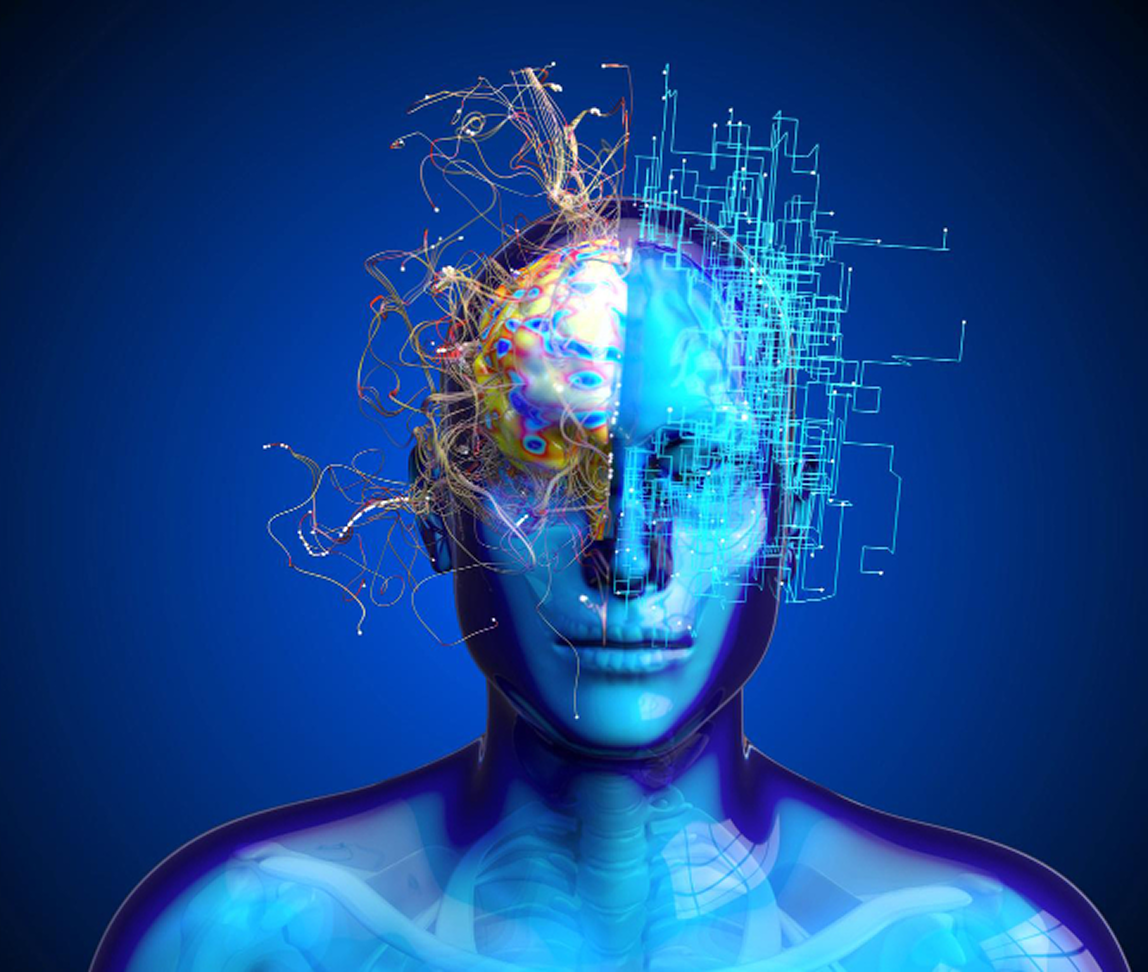Substance Use & Addiction

What is Substance Use & Addiction?
Substance use means using any drug or alcohol that affects the brain.
Problematic substance use happens when using these substances starts to disrupt daily life or causes harm to yourself or others.
Addiction is a medical condition, not a moral failing, and help is available to manage it safely.
TMS Therapy for Addiction: Reducing Cravings and Easing Withdrawal
Transcranial Magnetic Stimulation (TMS) can help reduce cravings for substances like alcohol, nicotine, and cocaine. It can also make withdrawal symptoms less intense, making it easier to stay on the path to recovery.

Common Signs of Addiction
Addiction is a more severe form of substance use. It includes:
- Using more of the substance or using it for longer than intended
- Spending a lot of time getting, using, or recovering from the substance
- Being unable to cut down or stop despite wanting to
- Needing more of the substance over time to get the same effect (tolerance)
- Experiencing unpleasant physical or emotional symptoms when trying to stop (withdrawal)

Call Us Today!
Start feeling better through TMS – transcranial magnetic stimulation.

